God and His Messiah Jesus Christ our Lord - our right and duty to witness to Him: I Banchieri di Dio
|
from FreemasonryWatch Website
'St. Peter's Squared', Chapter 8
Excerpts Harper Collins, 1989 If they were not doing evil they would not have so great a hatred of the light. Ever since 1738 when Clement XII issued his bull In Eminenti against the 'depraved and perverted' societies of Freemasons, the Roman Catholic Church has been condemning Freemasonry as if it were the child of the devil. Ironically, it was only in recent years, as Protestant churches were at last plucking up courage to round on the brotherhood, that the Vatican softened its opposition and seemed almost to welcome its centuries-old enemy beneath the canopy of St Peter's itself. In eminenti - the first of more than twenty bulls against Freemasonry - was issued partly on doctrinal grounds but also because, in the 1730's, the Papacy felt its temporal power was being subverted by a lodge in Florence.
The lodge, set up by Englishmen, was
being used by English agents as a cell for intrigue and espionage.
As I explain in Chapter 33, the
agents target was the Stuart Pretender, James, who was holding court in the Holy City, but the lodge also contained Italian freethinkers who mocked the Papacy.
On
both these grounds Clement railed against societies called 'Liberi Muratori' or 'Freemasons' for the 'great mischiefs' they did to the 'temporal tranquility' of the state:
The Pope commended that no members of 'the faithful in Christ',
whatever their status, laymen or clergy, should join Masonic societies, or give Masons shelter, help them meet, 'afford them counsel, help or favor', assist them to recruit, or 'in any manner aid and promote them'.
Those who did would suffer the
penalty of excommunication,
Enforcing the new law
fell to the Holy Inquisition which promptly jailed an Italian member of the Florence lodge.
The
lodge closed but some of its members still conspired against Rome. For the next 100 years Freemasonry grew throughout Italy as a cover for nationalist revolutionary activity. According to one Masonic writer, from the middle of the nineteenth century 'the salient point of Italian politics was war against Catholicism directly led by the lodges'.
By 1848 Pius IX and the Papal
States were overwhelmed by the movement for Italian unification. The papal prime minister was assassinated, an act which the revolutions leader, [and Mafia founder - FW] the Freemason Giuseppe Mazzini, deemed 'necessary and just'.
Rome rebelled, Pius fled, and Mazzini set up a Roman
Republic. It did not last. In 1850 the French put Pius back on the Roman throne, but the secret societies had signaled the end of his territorial power. Twenty years later Italian unity was achieved, largely through the efforts of three Masons; the revolutionary Mazzini, the soldier Garibaldi and the statesman Cavour. By 1870 these men had destroyed the Pope's earthly dominion.
Rome was made the capital of an independent secular
nation state and the Papacy was reduced to 109 acres around St. Peter's. In his tortured thirty-two year reign Pius IX issued six bulls attacking Masonry but the definitive condemnation came in 1884 with Humanum Genus, in which Leo XIII lamented that the pontiff was falsely deprived of temporal power, the stronghold of his rights and of his freedom.
He was next reduced to an iniquitous
condition, unbearable for its numberless burdens until it has come to this, that the sectarians may openly say what they had already in secret devised for a long time, namely, that the very spiritual power of the Pope ought to be taken away and the divine institution of the Roman Pontificate ought to disappear from the world. Leo endorsed the view that the Freemasons' 'real supreme aim' is,
The Masons deceived
the people too into believing that 'the Church is the cause of the iniquitous servitude and misery in which they are suffering' but,
The turning point was the Papacy of John XXIII.
THE
|



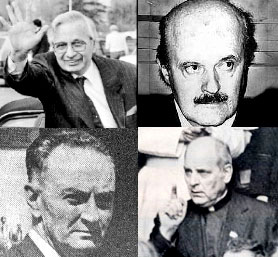
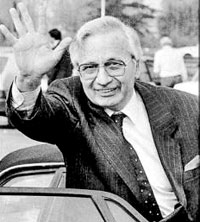
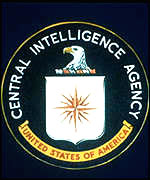
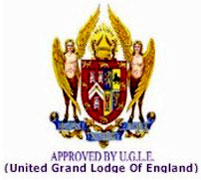
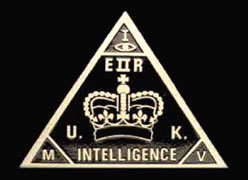
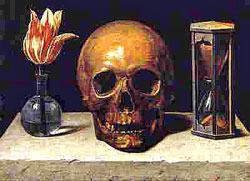
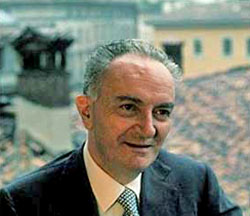
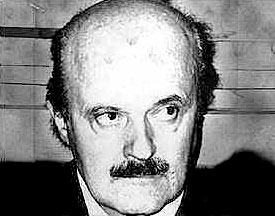
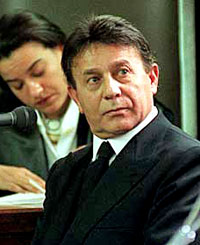
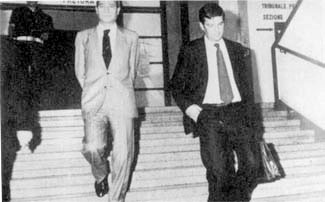
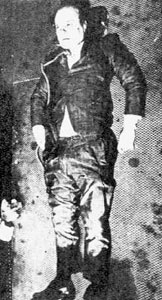
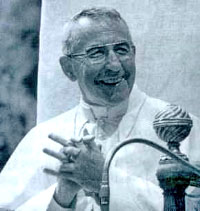
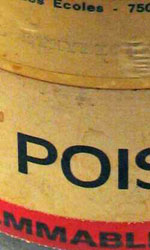
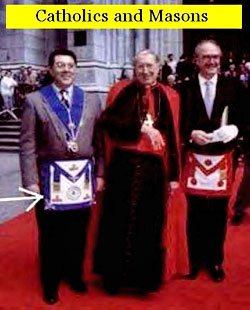 The following is a list of Masons reprinted
The following is a list of Masons reprinted 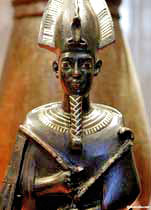 worker, who subsisted
worker, who subsisted
No comments:
Post a Comment